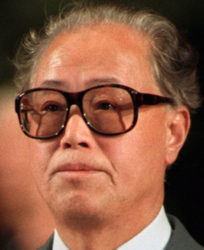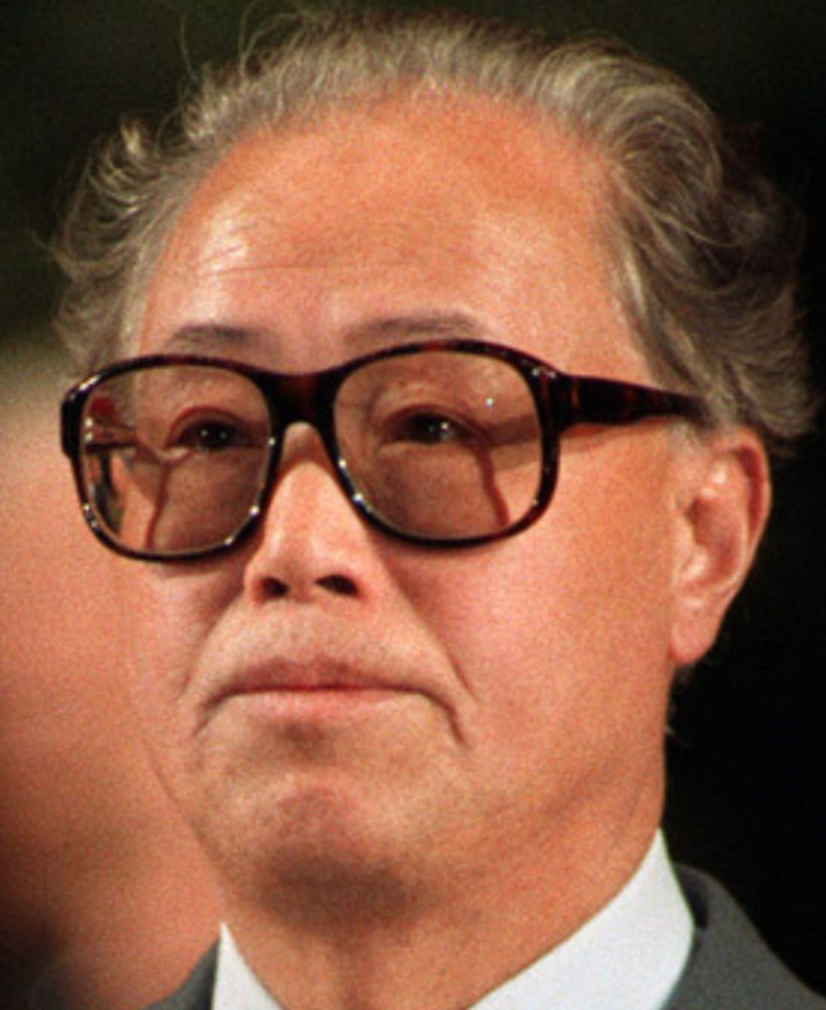BEIJING (Reuters) – A collection of documents from Zhao Ziyang, who was China’s reformist Communist Party chief until he was toppled in 1989 for opposing the Tiananmen crackdown, has been smuggled out of the country and will be published in Hong Kong this month, according to a publishing house that is turning them into a book.
The Collected Works of Zhao Ziyang, to be released by the Chinese University of Hong Kong Press, lifts the veil on behind-the-scenes wrangling among top leaders from 1980 to 1989, said Gan Qi, director of the publisher. “The information in these documents provides concrete first-hand evidence of the existence of such conflicts,” Gan told Reuters in an interview.
It is unclear if the documents still come under China’s state secret laws. If they are classified it could provide a test of Beijing’s commitment to academic and publication freedom in the former British colony, which reverted to Chinese rule in 1997. The territory was rocked recently by allegations that China had abducted and illegally detained five Hong Kong booksellers.
China’s State Council Information Office, its cabinet spokesman’s office, did not respond to requests for comment. The Communist Party History Research Office, reached by telephone, declined to comment.

Zhao, who was China’s premier from 1980-87 and became general secretary of the Chinese Communist Party in 1987, engaged in a dialogue with student groups leading the Tiananmen Square protests and even went to the square in central Beijing to appeal for them to end a hunger strike in May 1989, about two weeks before the crackdown.
Zhao, who died in 2005 after spending more than 15 years under house arrest for opposing the crackdown on June 4, 1989, remains a symbol of reformist rectitude to more liberal elements in the party.
His plain-speaking reformist stance is indicated in some of the documents. For example, in a transcript of a closed-door party meeting in February 1987 Zhao said on the question of political reform that “past elections were elections without choices and would be difficult to call them real democracy.” In the transcript of a speech in April 1981, he says that it is best to “use scientific methods” and not to engage in political movements.
Gan declined to say how the documents, which Reuters has seen in manuscript form, were smuggled out of China. She declined to identify the sources of the documents, other than to say they included Zhao’s former aides.
She said that experts were brought in to authenticate the documents, including Zhao’s handwriting, and that they passed a review by a committee of academics.
Asked if they involved state secrets, Gan said: “What an academic publishing institution can and should do is abide by local laws and publication process.”
The four-volume collection contains 498 mostly previously unpublished documents, including party and government reports, speeches, discussion transcripts, letters and handwritten instructions by Zhao when he served as premier and party chief, Gan said.

